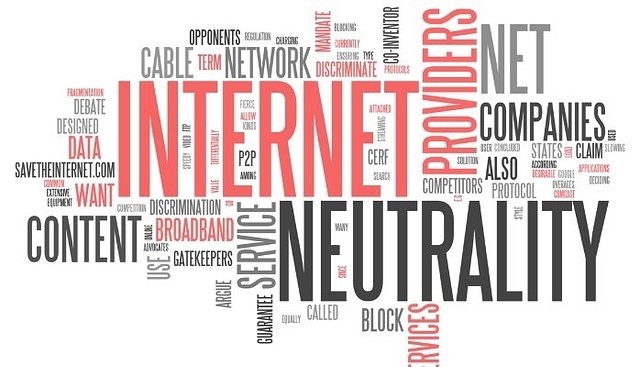
Are You Killing The Internet By #SaveTheInternet ?
Is FreeBasics platform of Facebook a cover to monopolise the internet? Or is it only a tool to get more people online? If you have not yet made up your mind, the following piece, given in the form of question-answer dialogue might help.
Q: What are Free Basics?
A: FreeBasics are low-data versions of websites which will be provided for free on networks that partner with Internet.org
Q: How are the networks chosen?
A: Any operator can partner.
Q: Who pays for the data traffic?
A: The data operators themselves
Q: Will internet.org be given a monopoly over free basics?
A: A regulation granting a monopoly like this would be unlawful. There is no monopoly being granted to any company. The regulation is not a Facebook-only regulation. Anyone who wishes can provide a service like FreeBasics via their own non-Facebook entities if they can partner with the networks.
Q: Why are operators paying for this?
A: The same reason you get lite versions of apps, Free Basics made the sell that this would convince more people to buy data packs.
Q: But won’t this mean Internet.org gets to decide on the sites?
A: No. Any website that reduces its data usage can work within this framework. In fact, even websites that don’t meet Facebook’s “community standards” can get on FreeBasics.
Q: Why not just let them access the whole internet?
A: Well data costs money. Now if I gave them unlimited access to the net with a time cap on access, it means you could send an e-mail for free in the morning and have to pay for the reply. It defeats the point. In a model like this, you need free services that can afford to stay FREE 24×7, like e-mail, chats etc. Specifications include that no website must have images larger than 200KB etc.
Q: Won’t this kill the internet?
A: No it won’t. Look above any website can get on it.
Q: Won’t this mean any online entrepreneur can make money on it?
Yes. Imagine the potential of a Free Basics Mobile Ticketing site.
Q: Won’t Facebook have power over 80% of India’s population who are currently offline?
A: The same power that BSNL and MTNL have right now. The same power Coca Cola and Pepsi have and the same power Colgate has. The cool bit is operator participation though. Internet.org is a platform, not a service, it’s like Windows. So Facebook doesn’t really have control. You can always switch operators at will.
Q: What’s with the App though?
A: It’s to access the low data website probably via a locally hosted proxy on the operator’s server.
Q: Does this violate net neutrality?
A: It does in my opinion violate net neutrality. Though tweaking is a term I prefer.
Q: Then why go for something that violates net-neutrality?
A: ‘Cause it’s worth it. It’s the natural evolution of the internet. Like with cable TV. In the beginning you had DD that just was terrestrial no one had to pay for it. But then you had basic cable with FTA’s that you paid a flat fee for. Then you had pay channels that you paid in bulk for for but you didn’t have the choice. Then came the DTH and now you have choice again. This is what it basically is. This is basic internet. You want more you pay but basic is free. It’s like if everyone in India got access to Free Cable.
Q: What’s the net going to be like after this?
A: The same. Like TV , everyone can watch India v. Pakistan (terrestrial, basic) but only those with cable can watch the football world cup.
Q: But why violate net neutrality to get it done?
A: ‘Cause we aren’t every other country in the world. We are a vibrant, diverse democracy with over a billion people. Global models don’t work in India. We have to try something new to get India online, and holding on to outdated ideas like net-neutrality (That want WWW to be the ONLY internet out there) will not work. What we need is an unprecedented model that can work.
Q: Now the most important question of all, what will it cost the Indian taxpayer to provide internet access to almost everyone with a smartphone in India?
A: Rs.0 (Rupees Zero Only).
Q: I still think it’s a bad idea. Cause it gives Facebook too much control.
A: How? You can require that Free Basics allow access to anyone who wants to partner. That’s how regulations work.
Q: So what is the save the internet campaign actually about?
A: I have no idea. How is one saving the internet by trying to stop the single greatest thing that could happen to the internet. 1 billion Indians onilne (that’s the target). That’s a game changer.
Q: What game changer?
A: A village tailor can now take and service orders for the towns, e-mails can help with information during crisis and most of all the potential for tele-education through this is massive.
Q: So why stop it?
A: Don’t.
#FreeBasics Don’t kill the internet by trying to #Savetheinternet